News Desk

Research on remains provides first clue that mixing between early humans in Indonesia and Siberia happened earlier than previously thought.
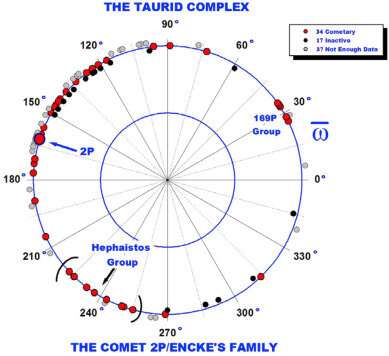
A pair of space scientists, one with the University of Antioquia, the other the University of Salento, has found evidence of a swarm of large asteroids hidden in the Taurid complex.

It’s a question that has puzzled observers for centuries: do the fantastic green and crimson light displays of the aurora borealis produce any discernible sound?
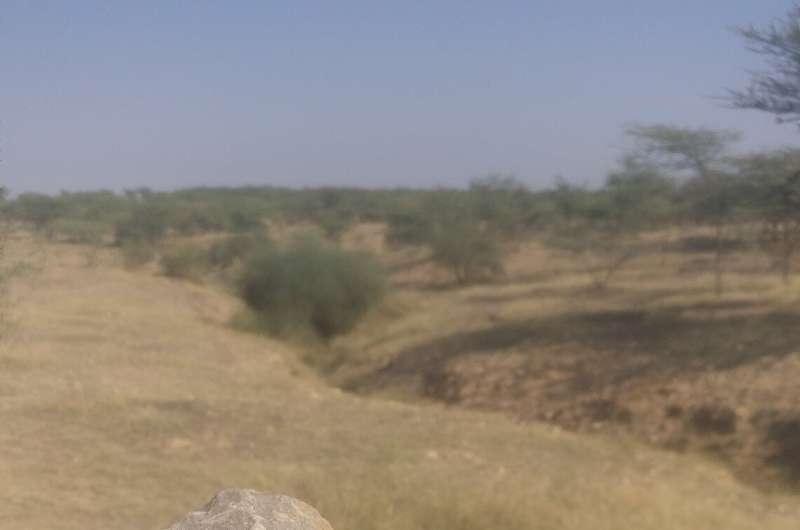
New research led by the Max Planck Institute for the Science of Human History has re-examined a key Acheulean site at the margins of the monsoon zone in the Thar Desert, Rajasthan, revealing the presence of Acheulean populations until about 177,000 years ago, shortly before the earliest expansions of Homo sapiens across Asia.

For the vast majority of animals on Earth, breath is synonymous with life. Yet for the first 2 billion years of our planet’s existence, oxygen was in scarce supply.

Graham Hancock: In late 2020 I returned to the enigmatic site of Karahan Tepe (near the more famous site of Gobekli Tepe) in Anatolia, Turkey, to research the mind-blowing new excavations underway there (my previous visit to Karahan Tepe, described in my book Magicians of the Gods, was in 2014 when the site was largely unexcavated)…
Photos by Santha Faiia
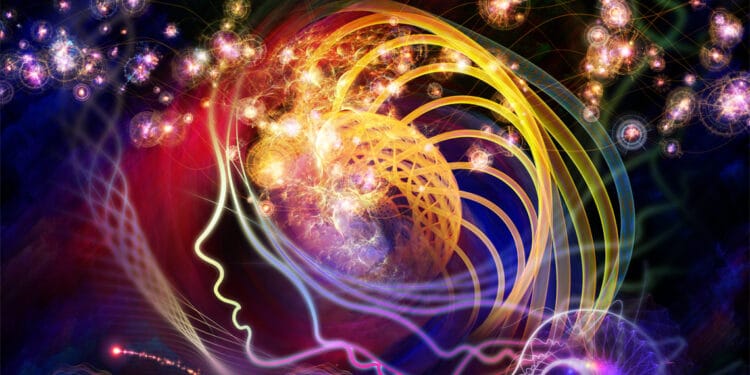
The use of psychedelic drugs is associated with lower levels of complex posttraumatic stress symptoms and internalized shame in adults who suffered maltreatment in childhood, according to new research published in the journal Chronic Stress.
An international team of researchers has discovered the first fossilised bone from a Pleistocene-era human in Wallacea, the cluster of Indonesian islands, including Lombok, Sulaewsi, Timor and Sumba, that were the likely seafaring gateway for the first humans to populate Australia.

Ancient cut marks on mammoth bones unearthed on a remote island in the frozen extremes of Siberia are the northernmost evidence of Paleolithic humans ever found, according to archaeologists.

LSD and psilocybin increasingly show promise as mental health treatments. Now universities and companies are exploring their use in pain management
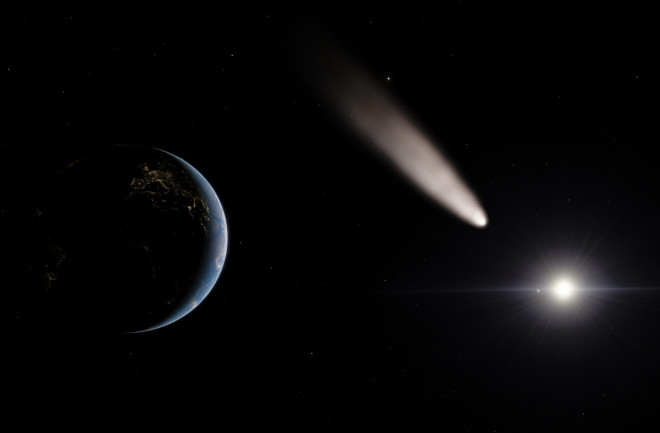
The findings are welcomed by supporters of cometary catastrophe theories from Earth’s history.
Paper found here: https://www.sciencedirect.com
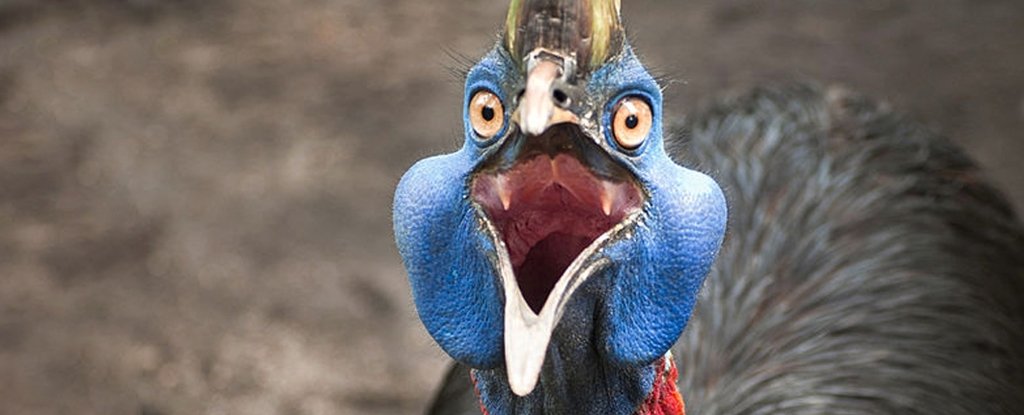
With powerful legs tipped by dagger-like talons, capable of eviscerating you with a single kick, cassowaries are the bird that most lives up to the moniker of a modern dinosaur.

A 25m-year-old eagle fossil discovered on a remote outback cattle station in South Australia has been identified as one of the oldest raptor species in the world.
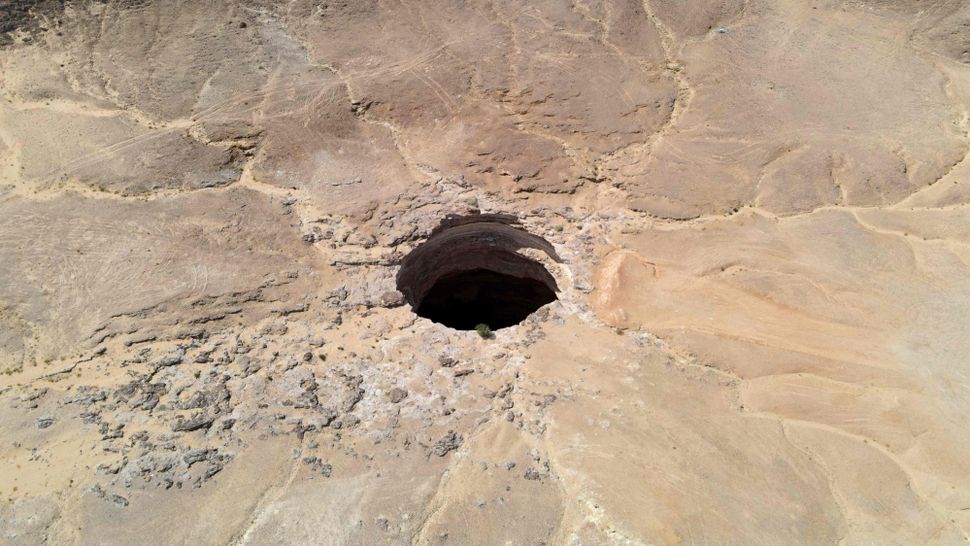
Many local people believe the enormous pit is a prison for genies and a gateway to the underworld.
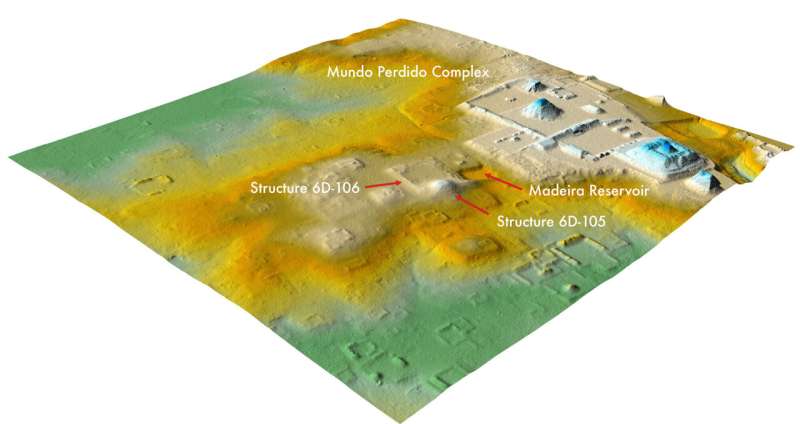
A startling recent discovery by the Pacunam Lidar Initiative, a research consortium involving a Brown University anthropologist, has ancient Mesoamerican scholars across the globe wondering whether they know Tikal as well as they think.

Researchers excavating a cave network on the Rock of Gibraltar have discovered a new chamber, sealed off from the world for at least 40,000 years, that could shed light on the culture and customs of the Neanderthals who occupied the area for a thousand centuries.








